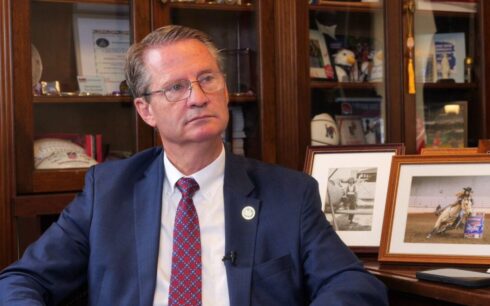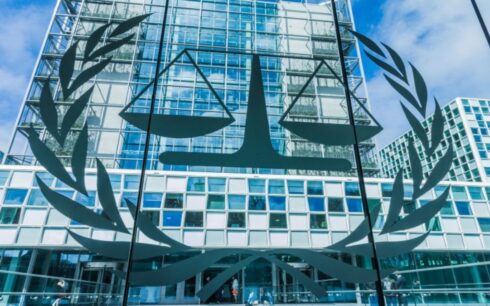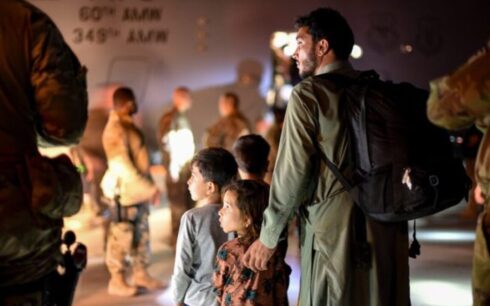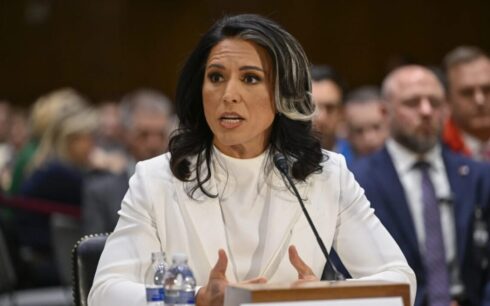G7 leaders have called on the Taliban to take steps to engage in credible, inclusive and Afghan-led national dialogue in order to ensure political inclusivity.
According to a statement issued after the meeting Saturday, the G7 leaders said: “To remedy the persistent lack of political inclusivity and representation, we urge the Taliban to take significant steps to engage in credible, inclusive and Afghan-led national dialogue, in which all Afghans can be involved.”
They said they note with grave concern increased threats to stability and the dire humanitarian and economic situation in Afghanistan.
“We call on the Taliban to uphold its counterterrorism commitments and to ensure the territory of Afghanistan cannot be used to threaten or attack any country, to plan or finance terrorist acts, or to shelter and train terrorists. We express our strongest opposition to the Taliban’s systematic violations on human rights and fundamental freedoms, and call for the immediate reversal of unacceptable decisions, especially those against women and girls.
“All Afghans must enjoy full, equal, and meaningful participation in all spheres of public life, and have access to humanitarian assistance and basic services. We call upon the Taliban to respect UNSCR 2681/2023 and the UN Charter, including Article 8, and to ensure unrestricted operations of the UN in Afghanistan,” the statement read.
The G7 leaders said in order to remedy the persistent lack of political inclusivity and representation, “we urge the Taliban to take significant steps to engage in credible, inclusive and Afghan-led national dialogue, in which all Afghans can be involved. We recognize the need for conveying unified messages to the Taliban in coordination with other international partners.,” the statement noted.
In addition, the G7 leaders also said they reaffirm their engagement with Central Asian countries to address various regional challenges, including the consequences of Russia’s war of aggression, the destabilizing effect of the situation in Afghanistan, food and energy security, terrorism, and climate change.
“We are determined to foster trade and energy links, sustainable connectivity and transportation, including the ‘Middle Corridor’ and associated projects to enhance regional prosperity and resilience,” their statement read.
Leaders of the G7 – the US, Japan, Germany, Britain, France, Italy and Canada – meanwhile also agreed to tighten sanctions against Moscow and pare back exposure to China.
The G7 meanwhile said in its communique that they “call on China to press Russia to stop its military aggression, and immediately, completely and unconditionally withdraw its troops from Ukraine.”
They also warned that countries attempting to use trade as a weapon would face “consequences”, sending a strong signal to Beijing over practices Washington says amount to economic bullying.
“We are not decoupling or turning inwards. At the same time, we recognise that economic resilience requires de-risking and diversifying,” they said. “A growing China that plays by international rules would be of global interest.”
Meeting with Friends
Meanwhile Ukraine’s Volodymyr Zelenskiy arrived in Hiroshima on Saturday in a bid to garner more support from the G7 leaders.
Footage from Japanese public broadcaster NHK showed the Ukrainian president, wearing his customary olive green fatigues, leaving a French government aircraft and moving quickly to a waiting car.
Moments later he tweeted: “Japan. G7. Important meetings with partners and friends of Ukraine.”
Zelenskiy was set to meet the leaders of the G7 individually throughout Saturday evening. He began with Italian Prime Minister Giorgia Meloni, followed by Britain’s Rishi Sunak.
French and other European officials said it was crucial that Zelenskiy came in person first to the Arab League, which he addressed on Friday, and now to the G7, also being attended by members of the Global South, a term for some mostly low- and middle-income nations, including India.
Zelenskiy could outline Ukraine’s view as the victim of an attack by Russia and how he saw a peace settlement in the future to the disparate groups, the officials said.
“We have to use all the means to bind non-aligned states to the cause of the defense of the sovereignty and territorial integrity of Ukraine,” a French presidential official told reporters.
As well as bilateral meetings with G7 leaders, Zelenskiy will also meet the leaders of India and Brazil, two countries that have not distanced themselves from Moscow. With Russia and China they form the BRIC grouping.
Zelenskiy is due to hold a session on Sunday with the G7 before a broader session with the Global South attendees, Reuters reported.





